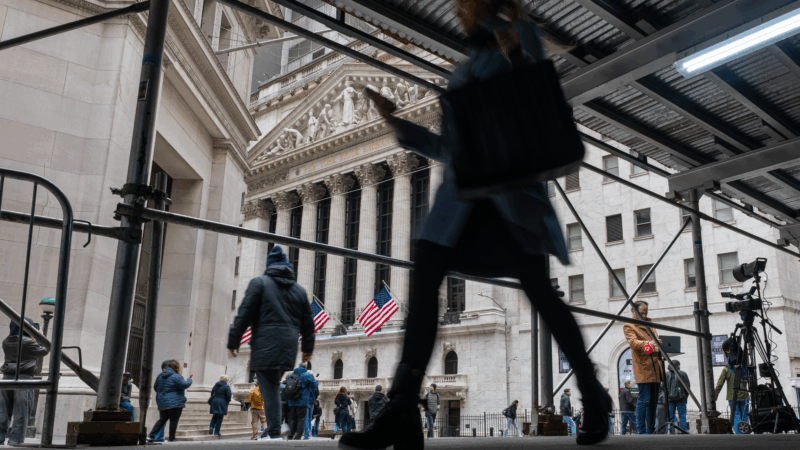Remembering Gip’s Place and the Bessemer bluesman who started it all
By Alli Patton
The mournful pull of guitar strings meets the quivering thud of bass and drum, permeating the void and bringing to life something achingly beautiful and deliciously melancholic. It’s the blues, a striking balance of rhythm and steel that conjures up so much feeling in one mere measure.
If you go in search of such a sound and sensation, a recent Blues Jam at True Story Brewing in Birmingham is a good place to look. The energy in the neon-lit room is cool and easy as blues musicians and fans alike enjoy the open mic event. The monthly affair, hosted by the Magic City Blues Society, is one of the few instances of live blues left in the area. But not long ago, there was a haven for the genre called Gip’s Place.
The unassuming juke joint operated in the backyard of longtime Bessemer resident Henry “Gip” Gipson. What began with the impassioned bluesman hosting neighborhood events soon grew into something much bigger, the establishment becoming a beacon for blues lovers over the decades.
“The atmosphere was just one of friendship,” Roger Stephenson, Vice President of the Magic City Blues Society, said. “It was all about the music. Everybody had a good time. It was just a wonderful part of the world where everyone came and forgot all their troubles and danced a little bit and listened to good music and maybe had a couple more beers than they should have done.”
Stephenson, alongside a man named Lenny Madden, helped in transforming the once casual endeavor into a full-fledged show every Saturday night. Over time, the establishment earned the reputation of a blues Mecca and Gip’s Place would be noted among the last of the nation’s quickly vanishing juke joints.
“To some extent, I think Lenny and perhaps myself were responsible for somewhat of the demise of Gip’s Place,” Stephenson said. “I say that because Gip’s Place was, in the early years, just Mr. Gip sitting on the porch playing his music. It was more of a neighborhood thing. And then we invited more regional bands and some national bands. The word was getting out about Gip’s Place, one of the last remaining juke joints, and musicians actually wanted to play there.”
One staple act was Birmingham’s own Sassy Brown Band, fronted by vocalist Lauren Brown.
“The atmosphere there, it’s unreal,” Brown said. “Words almost can’t describe it. I’ve played a lot of venues … but when someone asks me where my favorite place to play is I always tell ’em Gip’s Place. It’s just everyone coming together and leavin’ all their stuff at the door. The saying behind Gip’s is ‘no Black, no white, just blues.’ I saw it in action every time I played there.”
More than the singular atmosphere at Gip’s Place, Brown remembered its one-of-a-kind proprietor best of all.
“I had a very close connection with Mr. Gip and he taught me a lot about what it means to be a true musician and especially a true blues musician,” she said. “It’s all about your emotions and feeling. He always said live it, write it. He was such a great influence over me that, at the end of the day, it just leaves a big hole in my heart.”
Before Gip’s Place became a blues haven, Gipson would play an integral role in the career of another Birmingham-area musician. It was at Gipson’s house on Bessemer’s Pauls Hill where a young Earl “Guitar” Williams touched a guitar for the first time. He hadn’t been there to get a blues education that day; he was there to play baseball.
“I got up there, and they was on the porch playing guitar,” Williams said. “It was about 10 people on that porch passing around a couple of guitars … It was that day I got the chance to touch a real guitar and he introduced me to the blues, said ‘I want you to play these blues for me one day.’”
Williams, however, had little interest in the genre.
“I told him, ‘I want to play new songs.’ I didn’t want to play no blues, like what they were playing. I just thought it sounded just too ancient.”
That guitar, though, sparked something within the young Williams, and he worked odd jobs shining shoes and running errands to save up the $14 needed for a box guitar. He taught himself how to play but never forgot Gipson and the place where he first encountered the blues.
A now-acclaimed bluesman, Williams would go on to play regularly at the juke joint, performing his own songs like “A Can of Alligator” and “Hey, Mr. Gip” and fulfilling a role that Gipson had prophesied.
“I even got a picture where he was telling me, ‘I told you, I told you was gonna be playing these blues. I told you, if you just grew up a little bit, you was gonna get the blues, boy,’” Williams said. “He’s always been telling me stuff like that. You outta see the expression on my face.”
Gipson died on Oct. 8, 2019, at the age of 99. And since then Gip’s Place has been silent. There have been talks of resurrecting the establishment over the years, but so far, nothing has come to fruition.
“It’s a lot of work and promoting it is a lot of work,” Stephenson explained. “And I think at this point, it’s a lot of people say they want to restart Gip’s place, but the momentum has been lost. I think it’s hard.”
However, there’s another big reason.
“I don’t know if it could ever be Gip’s Place again without Gip,” Brown noted.
Five years on, the magic that Henry “Gip” Gipson created in his backyard lives on in all who experienced not just the music but the love that was alive under its tin roof.
U.S-Israeli strikes continue across Iran, Iranian drones hit Azerbaijan
The U.S. and Israel said they conducted new strikes inside Iran overnight, targeting ballistic missile launchers. Iran claimed it struck a U.S. oil tanker in the northern Persian Gulf.
In lawsuit, Minnesota accuses Trump administration of ‘weaponizing’ Medicaid funding
The federal government said the state should do more to fight fraud and is holding back funds. Minnesota officials say the attack is unfair as the state's fraud rate is well below national averages.
Wall Street is betting on tariff refunds after Supreme Court ruling
When the Supreme Court struck down many of President Trump's tariffs, it left importers wondering how long they'd have to wait to get their money back. Hedge funds are offering to help out.
Announcing the 2025 NPR College Podcast Challenge Honorable Mentions
Here are some of the best entries in NPR's 2025 College Podcast Challenge.
A run for their money: Young candidates rival older incumbents in midterm fundraising
As a growing crop of young candidates challenge longtime Democratic incumbents, some are not just breaking through in the money race, but outraising their opponents altogether.
When ICE came, Minneapolis created underground health networks. Should other cities?
The Trump administration's immigration crackdown in Minneapolis forced some families into hiding and catalyzed informal medical networks to deliver critical health care services inside homes.








